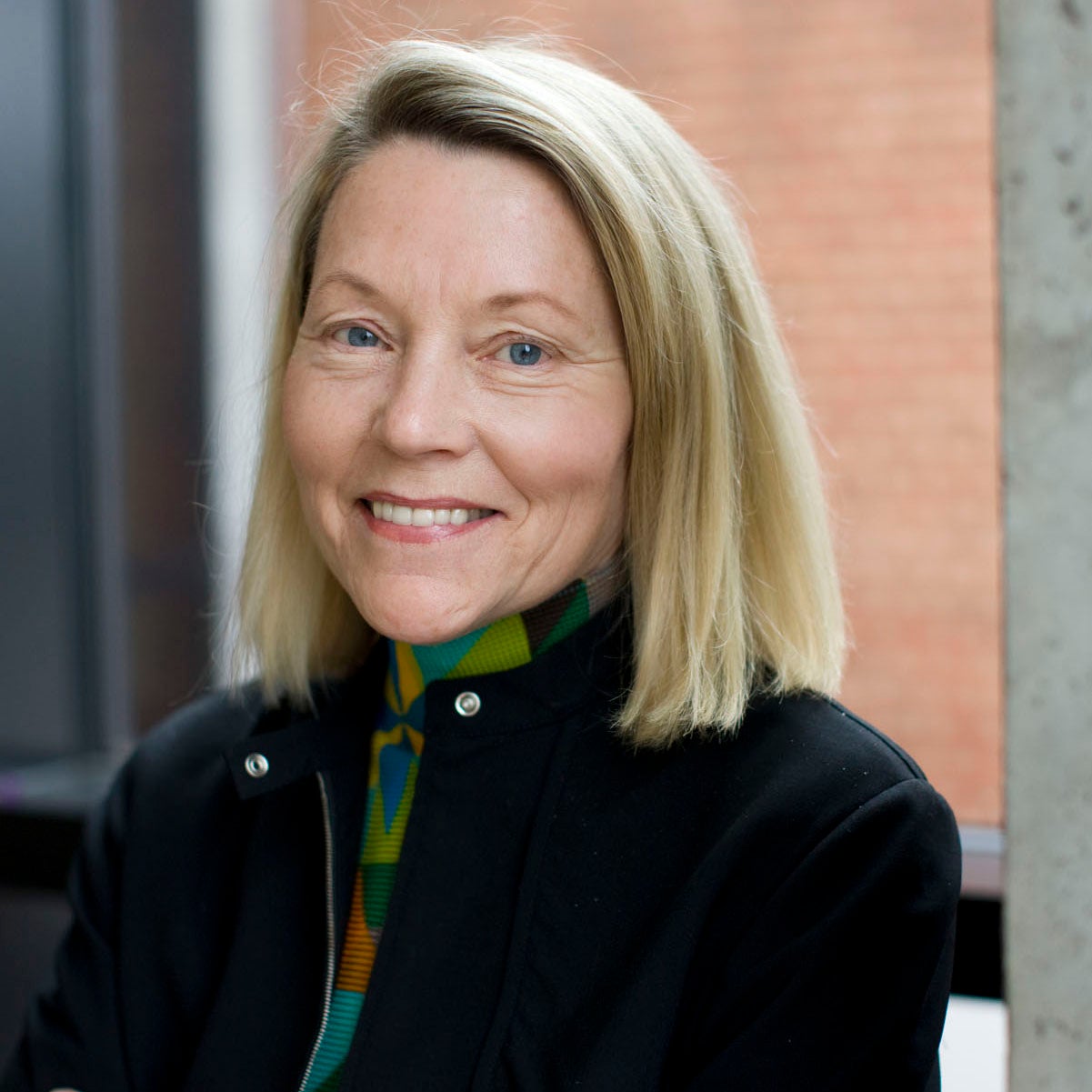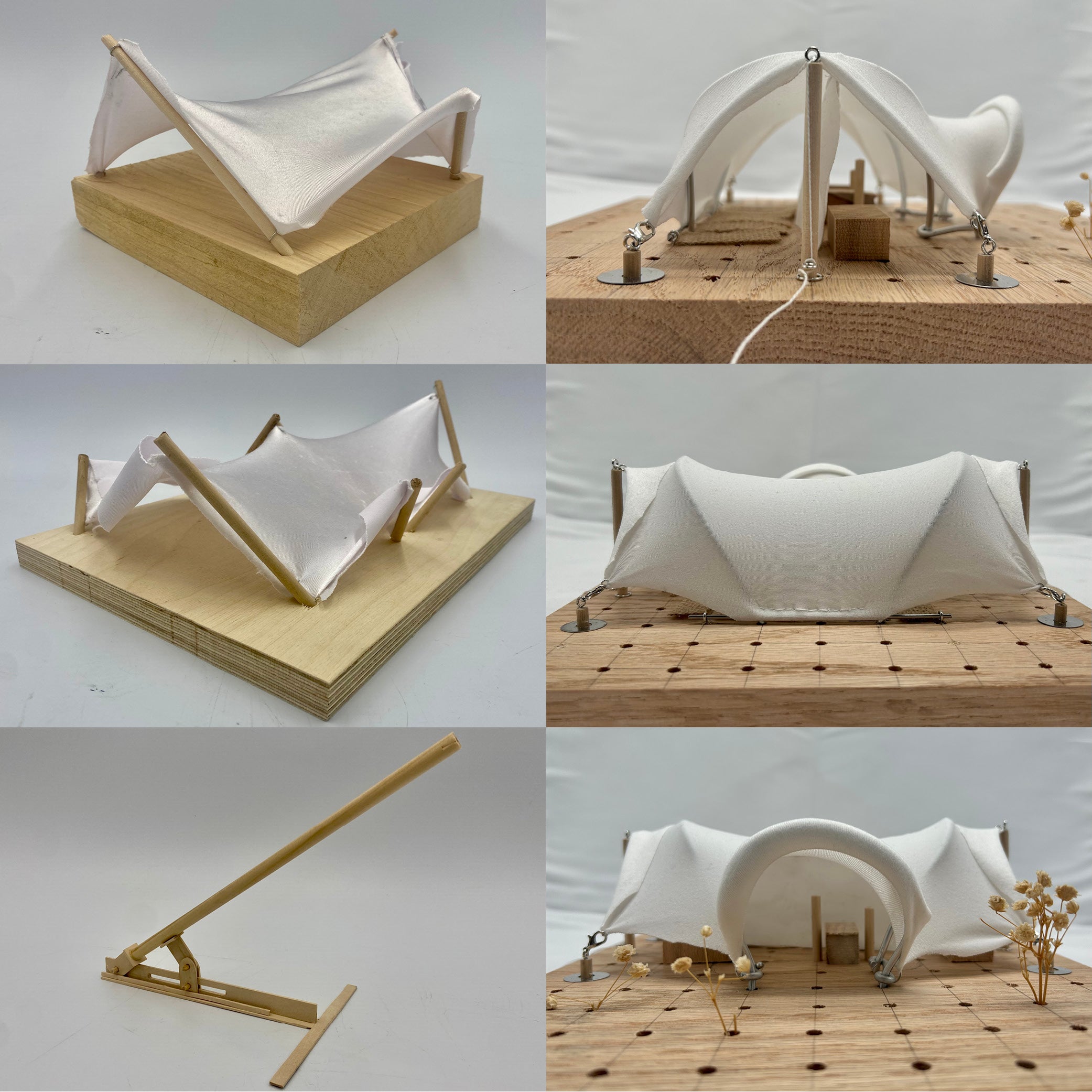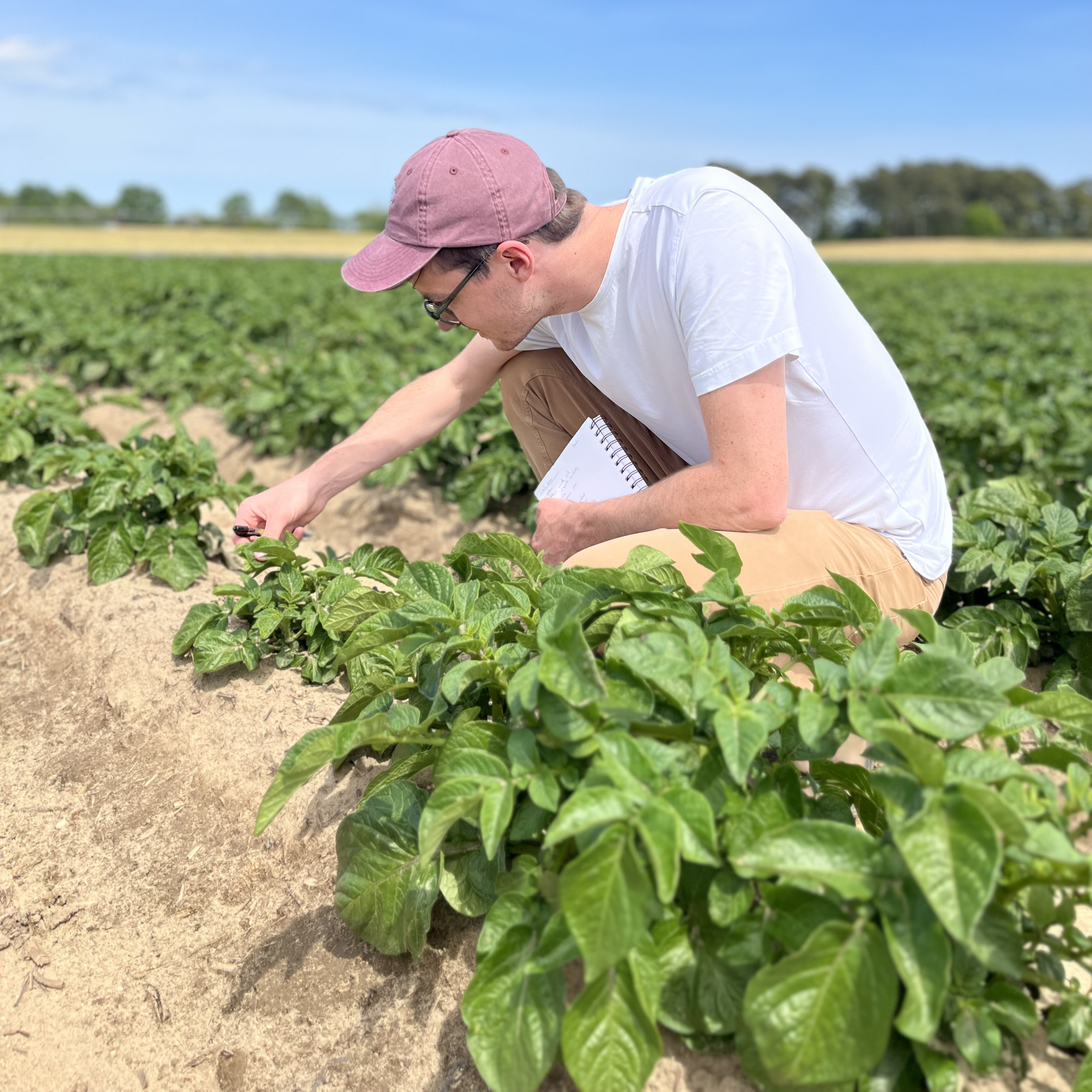
Michael Luegering's Research Studio Envisions Resilience in Portland, ME

For the second consecutive year, Assistant Professor Michael Luegering is leading an advanced research studio at the University of Virginia School of Architecture as part of the Envision Resilience Challenge. This initiative brings academia, local leaders, and communities together to envision bold and innovative responses to the growing impacts of climate change. In 2024, the focus is Portland and South Portland, Maine—urban coastal regions confronting the intertwined challenges of rising seas, warming waters, and extreme storm events.
A Collaborative Approach
Luegering’s studio is one of eight teams participating in this year’s Challenge, alongside Cornell, Harvard, University at Buffalo, University of Maine Augusta, University of Michigan, University of Toronto, and Yale. The UVA team is exploring the civic infrastructure of Back Cove, a tidal estuary that is vital to Portland’s ecological and recreational life ways.
A September field visit provided Luegering and his 10 students—graduate landscape architecture and urban design students, alongside undergraduate architecture students—with insights into the region’s culture, history, and environment. These experiences now inform their semester-long projects, which aim to integrate nature-based infrastructure, historical watershed dynamics, and park systems into climate-adaptive designs.
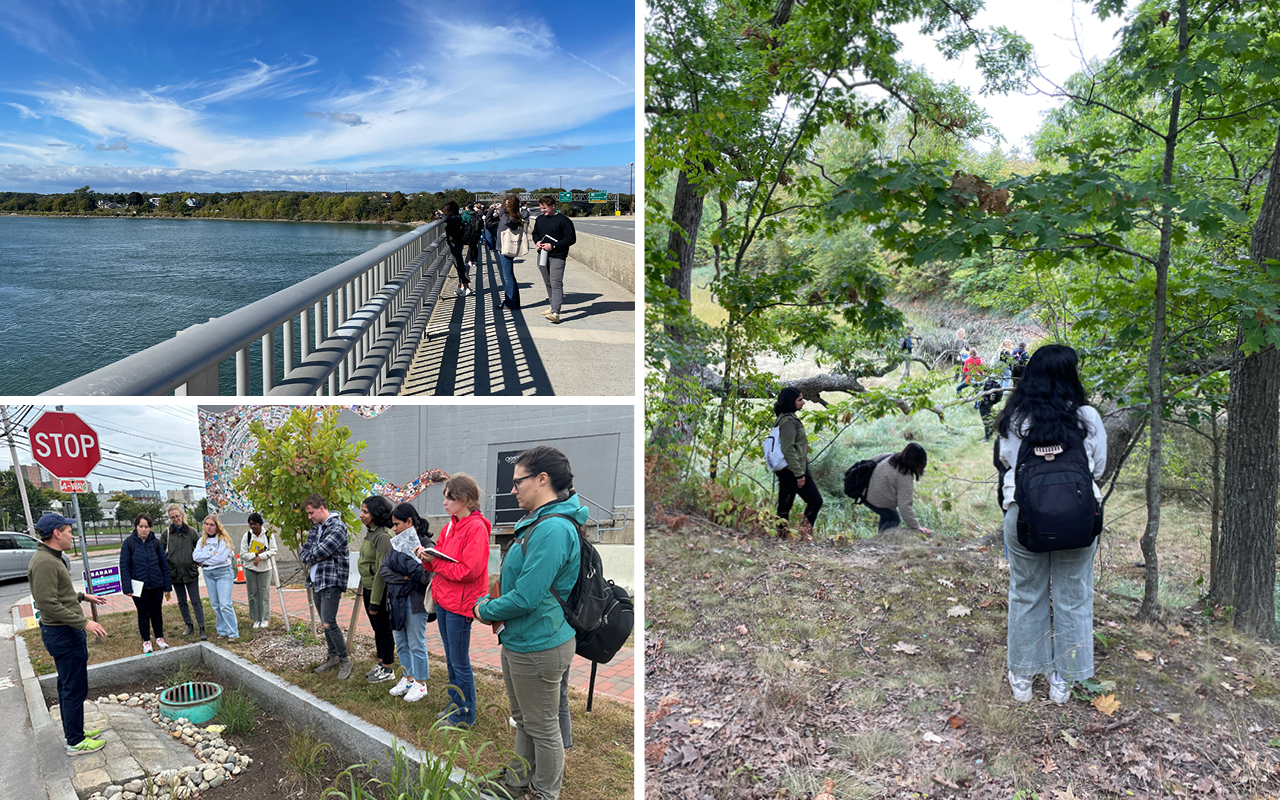
Back Cove: Past and Present
Back Cove, a 340-acre tidal basin listed on the National Register of Historic Places, is central to Portland’s identity. Initially revitalized by the Olmsted Brothers in the early 20th century, it transitioned from an industrial waste site to a cherished recreational space with its linden tree-lined parkway and Baxter Boulevard.
However, as severe winter storms brought record-breaking tides and $20 million in damages to Portland in early 2024, the urgency for climate adaptation has escalated. With the Gulf of Maine warming three to four times faster than the global ocean average, Portland faces the challenge of reimagining its waterfronts, civic infrastructure, and ecosystems.
Designing for Resilience
Luegering’s students’ designs seek to honor Back Cove’s layered history while addressing its pressing climate realities. Undergraduate architecture student Sheen Wang reflects, “My project examines the dynamic relationship between mainland residents and island communities who depend on the city’s resources. As storms increasingly threaten the port’s infrastructure, reimagining this connection becomes vital. I envision revitalizing a forgotten port to provide practical civic infrastructure, like parking, and provide a new pathway for waterfront recreation.”
Graduate student Charlotte Devine’s project focuses on water quality and reconnection. “I begin by imagining the low-lying areas around Back Cove as transitional spaces for freshwater and sedimentation,” Devine explains. “Extending the Cove into Deering Oaks Park enhances water mixing and access while preparing for a future where groundwater and intertidal marshes return. This intervention reframes stormwater and water-land connectivity as valuable city assets.”
Devine also emphasizes the importance of understanding Portland’s celebrated traditions and culture when designing solutions. “Civic infrastructure in Back Cove must find the balance between adjusting to the realities of climate change while acknowledging and preserving (in some form) critical connections to the land,” she says.
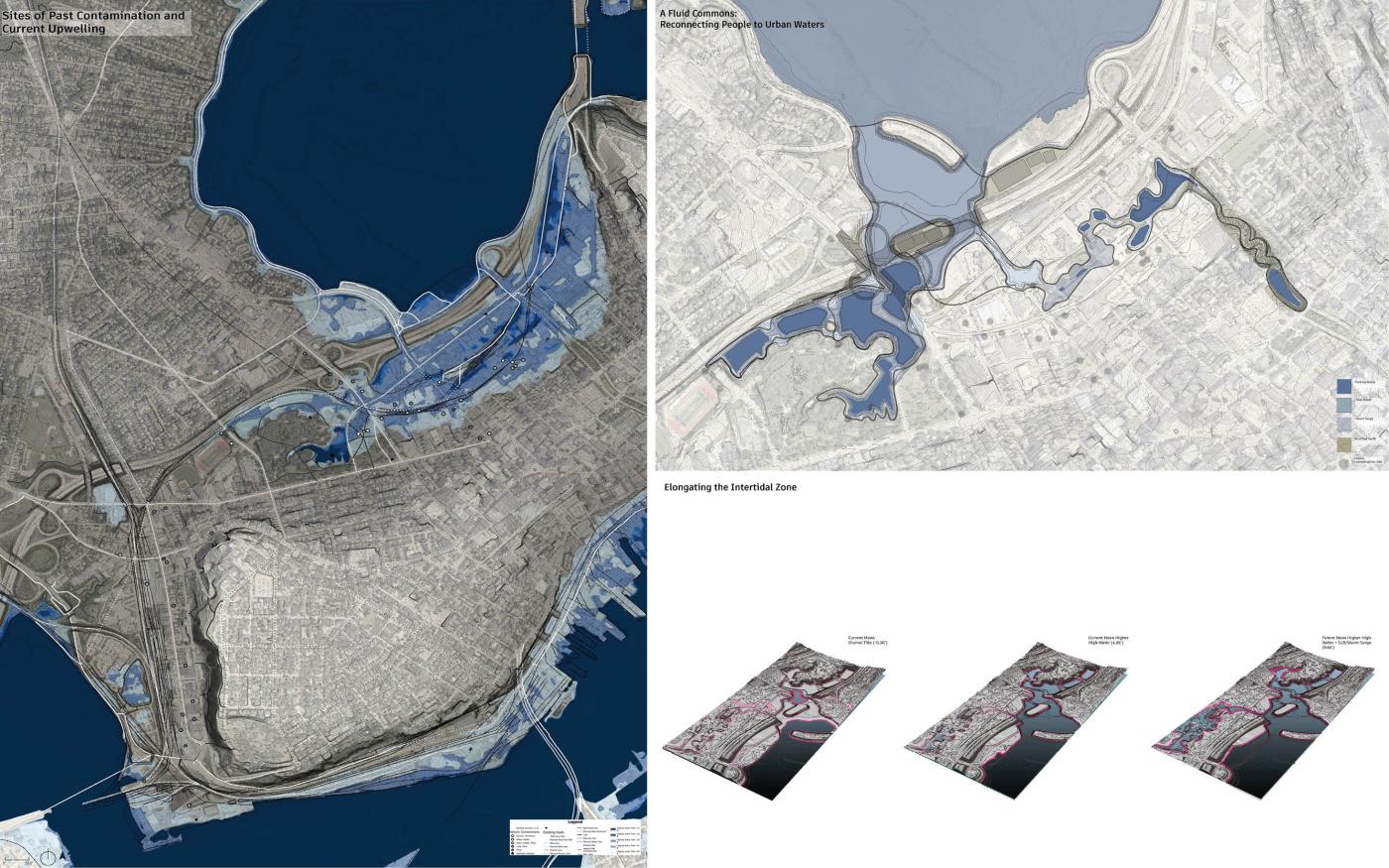
Immersive Insights: The Studio Trip
During their site visit, students discovered layers of history and ecology that continue to shape Back Cove’s character. “I was struck by the sheer extent of human alteration to the landscape,” says Devine. “Standing on ten feet of urban fill or noticing a street’s curve responding to a former rail yard reveals how much the land has been shaped over time. Yet, natural systems remain resilient—like the marsh grasses thriving on what was once a construction access road.”
These enduring changes to the coastal landscape underscore how Portland’s civic infrastructure continues to adapt to evolving needs. “Portlanders aren’t afraid to make bold moves to improve the city and how it functions,” observed Wang. With strong state and federal support, exemplified by Maine Climate Council's updated 2024 Action Plan and the $70 million federal investment to Maine's infrastructure, Portland is setting new goals for managing and preparing for the climate impacts affecting its communities and infrastructure.
A Future-Focused Vision
The Envision Resilience Challenge emphasizes community engagement and interdisciplinary collaboration, with public programs and a culminating exhibition showcasing student designs. Since 2021, the program has connected over 346 students and 70 community advisors, generating actionable ideas for New England coastal communities adapting to climate change.
For the UVA studio, this challenge is an opportunity to contribute to Portland’s evolving story. By integrating local knowledge, historical context, and ecological strategies, the students aim to propose designs that are not only resilient but deeply rooted in the community’s identity. Through their work, these students are crafting a hopeful vision for Back Cove’s future—one that bridges the past, present, and future to inspire resilient, equitable, and innovative solutions for coastal communities.
The Envision Resilience Challenge and the participating studios are generously supported by Remain.

